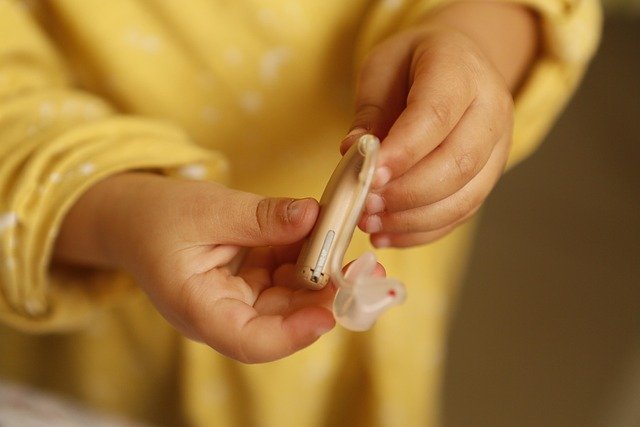The Importance of Quality Child Care: Nurturing Young Minds
Child care plays a crucial role in the development and well-being of children, providing a safe and nurturing environment for their growth while parents work or attend to other responsibilities. Quality child care not only ensures the safety of children but also contributes significantly to their cognitive, social, and emotional development during their formative years.

For parents, reliable child care offers peace of mind and the ability to balance work and family responsibilities. It allows parents to pursue careers or education while knowing their children are in a safe, stimulating environment. Moreover, quality child care centers often provide valuable resources and support for parents, including parenting tips, developmental information, and community connections.
How do you choose the right child care provider?
Selecting the right child care provider is a critical decision for parents. When evaluating options, consider the following factors:
-
Licensing and accreditation: Ensure the provider meets all state licensing requirements and look for additional accreditations from recognized organizations.
-
Staff qualifications: Inquire about the education and experience of caregivers and teachers.
-
Child-to-staff ratio: Lower ratios generally indicate more individualized attention for children.
-
Curriculum and activities: Look for age-appropriate learning experiences and a balance of structured and free play.
-
Safety and cleanliness: Visit the facility to observe safety measures and cleanliness standards.
-
Communication: Choose a provider that maintains open lines of communication with parents and provides regular updates on their child’s progress.
-
Location and hours: Consider the convenience of the location and whether the operating hours align with your schedule.
What types of child care options are available?
Child care comes in various forms to suit different family needs and preferences:
-
Daycare centers: These facilities provide care for multiple children in a structured setting, often with separate age groups.
-
Family daycare homes: Smaller-scale care provided in a home setting, typically with mixed age groups.
-
Preschools: Educational programs for children aged 3-5, focusing on school readiness.
-
In-home care: Nannies or au pairs who provide personalized care in the family’s home.
-
Relative care: Care provided by family members, which can offer a familiar and flexible option.
-
After-school programs: Care for school-age children during after-school hours and school breaks.
How does child care impact child development?
Quality child care can have a significant positive impact on a child’s development across multiple domains:
-
Cognitive development: Structured learning activities and educational play stimulate brain development and foster early literacy and numeracy skills.
-
Social-emotional development: Interaction with peers and caregivers helps children develop empathy, self-regulation, and social skills.
-
Language development: Exposure to rich language environments and communication with adults and peers enhances vocabulary and language skills.
-
Physical development: Age-appropriate activities and outdoor play promote gross and fine motor skills.
-
School readiness: Quality early childhood education prepares children for the transition to formal schooling.
What qualifications should a child care teacher possess?
Child care teachers play a crucial role in shaping young minds and ensuring a positive early learning experience. Ideal qualifications for a child care teacher include:
-
Education: A minimum of an associate’s degree in early childhood education or a related field, with many centers preferring bachelor’s degrees.
-
Certification: State-specific certifications in early childhood education or child development.
-
First aid and CPR certification: To ensure the safety of children in their care.
-
Experience: Hands-on experience working with young children in various settings.
-
Personal qualities: Patience, creativity, empathy, and strong communication skills.
-
Ongoing professional development: Commitment to staying updated on best practices in early childhood education.
How can parents support their child’s development in conjunction with child care?
Parents play a crucial role in their child’s development, even when utilizing child care services. To maximize the benefits of child care and support overall development:
-
Maintain open communication with caregivers to understand your child’s daily experiences and progress.
-
Reinforce learning at home by engaging in similar activities and discussions.
-
Establish consistent routines between home and child care to provide stability for your child.
-
Participate in parent-teacher conferences and family events organized by the child care provider.
-
Read to your child daily and encourage language development through conversations.
-
Support social-emotional growth by discussing feelings and helping your child navigate relationships.
-
Ensure adequate rest and nutrition to complement the stimulating environment of child care.
By choosing quality child care and actively participating in their child’s early education, parents can create a strong foundation for lifelong learning and development. The partnership between parents and child care providers is essential in nurturing well-rounded, confident, and capable children ready to face future challenges and opportunities.






